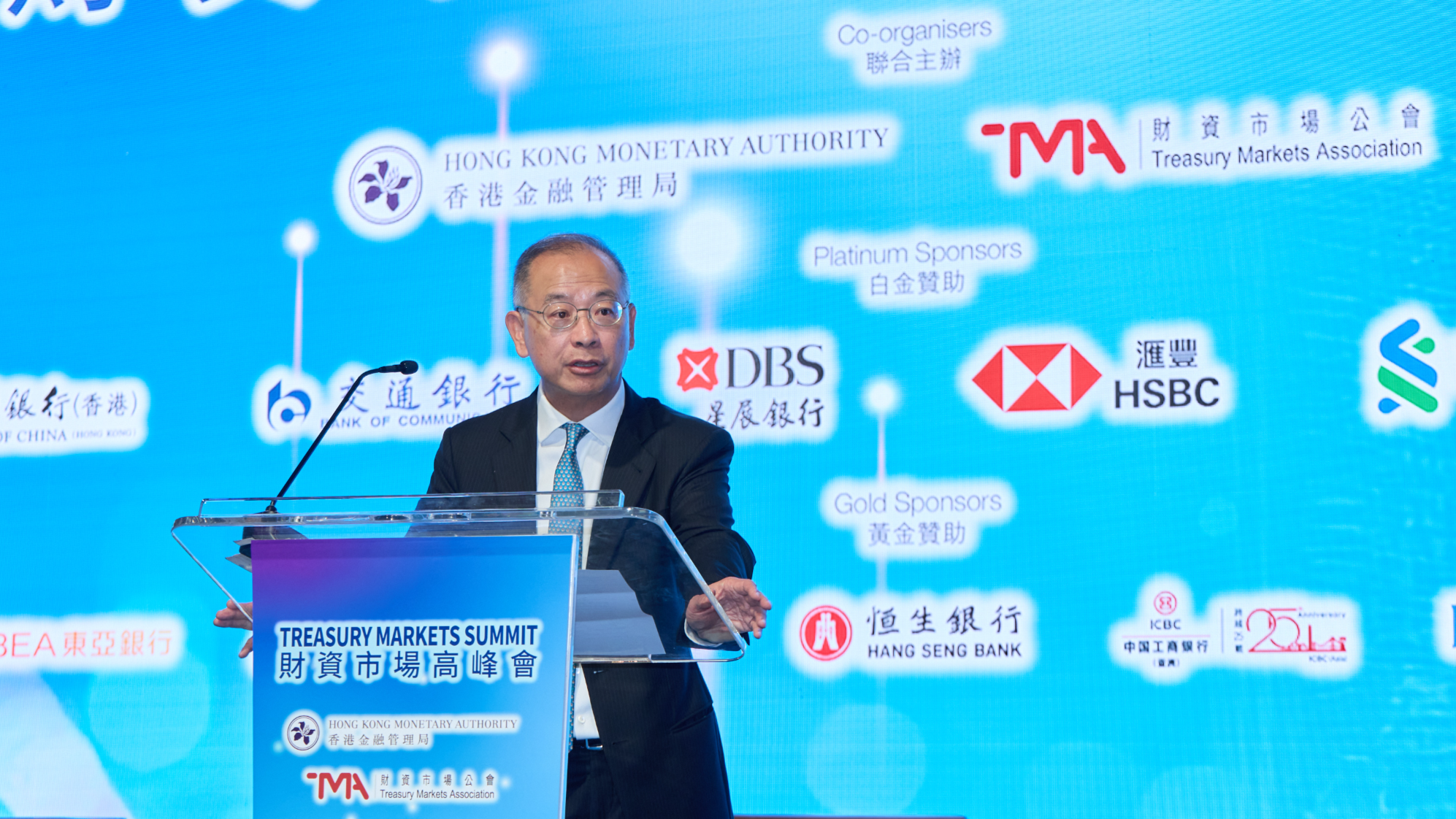
The Hong Kong Monetary Authority (HKMA) announced on Friday the pending launch of the RMB Business Facility, a bid to support the expansion of the city’s offshore renminbi business and promote the use of the Chinese currency in the real economy.
The facility will be implemented in three phases, starting on Oct 9. The HKMA said that the second and third phases of the facility are expected to launch in December and in early 2026 respectively.
Replacing the RMB Trade Financing Liquidity Facility, introduced in February, the new facility will allow banks to tap into renminbi funds at lower costs. The rates will be benchmarked to the Shanghai Interbank Offered Rate, eliminating the existing spread of 25 basis points.
READ MORE: HKMA: Strategies to develop a deep offshore RMB market
Participating banks will also be permitted to channel renminbi funding through their overseas affiliates to provide trade finance to corporate clients, as part of Hong Kong’s goal to enhance its influence in the offshore yuan market.
The HKMA is also expanding the range of tenor options, under which a new one-year tenor will be introduced, in addition to the existing one-, three-, and six-month terms, catering to the rising demand for longer-term renminbi loans.
HKMA Chief Executive Eddie Yue Wai-man said Hong Kong’s renminbi business has seen robust growth in recent years, with its role as an offshore yuan hub solidifying. The city has enhanced its connectivity with the Chinese mainland in various asset classes, such as bonds, equities, and wealth management, which has created rich business opportunities for banks, investors, and enterprises, he said.
“The market demand for the renminbi as a funding currency has increased substantially, as reflected in the remarkable growth in the RMB loan-to-deposit ratio in the banking sector from around 20 percent in September 2022 to over 90 percent in June 2025,” Yue said. Moreover, corporate appetite for longer-term renminbi loans has also seen an increase, he added.
In addition, the HKMA on Friday also announced the refinements to its RMB Liquidity Facility, which was introduced in June 2012 to address potential short-term liquidity tightness in the offshore renminbi market.
On Oct 9, the authority will increase the cap for intraday renminbi funds from 20 billion yuan ($2.8 billion) to 30 billion yuan, while reducing the overnight quota from 20 billion yuan to 10 billion yuan, so as to accommodate rising daytime liquidity needs for the settlement of cross-border renminbi payments.
Furthermore, the HKMA will expand its repurchase agreements, also known as repos, adding two-week and one-month tenors under the T+1 settlement, giving banks greater flexibility in asset management.
At the Treasury Markets Summit, cohosted by the HKMA and Treasury Markets Association on Friday, industry experts said a deep offshore renminbi liquidity in Hong Kong is one of the advantages that make the city well-positioned to develop as a global hub for Corporate Treasury Centers (CTCs).
Hong Kong offers a platform for multinational companies to centralize the management of funds, financing, and foreign exchange activities across their global operations and subsidiaries, they added.
Andy Yu Chenping, deputy general-manager of the Transaction Banking Department at the Bank of China (Hong Kong), said that the city, the world’s largest offshore renminbi hub, handles 80 percent of global offshore renminbi payments.
READ MORE: Hong Kong eyes stronger role as offshore RMB center
“With innovations like Bond Connect and Stock Connect (linking the Chinese mainland and Hong Kong), CTCs can gain access to both offshore and onshore yuan markets,” Yu said.
Sinopec Century Bright Capital Investment has been managing overseas treasuries for Sinopec Group, one of the Chinese mainland’s largest energy conglomerates, since 2007 in Hong Kong.
Sherrie Zuo, deputy general manager of Sinopec Century Bright Capital Investment, said the CTC has benefited from Hong Kong’s close economic and financial ties with the mainland, which enables it to “utilize the various cross-border cash management initiatives to enhance our fund movement”, while the offshore renminbi market in Hong Kong has opened a new window for its operations.
Contact the writer at irisli@chinadailyhk.com


